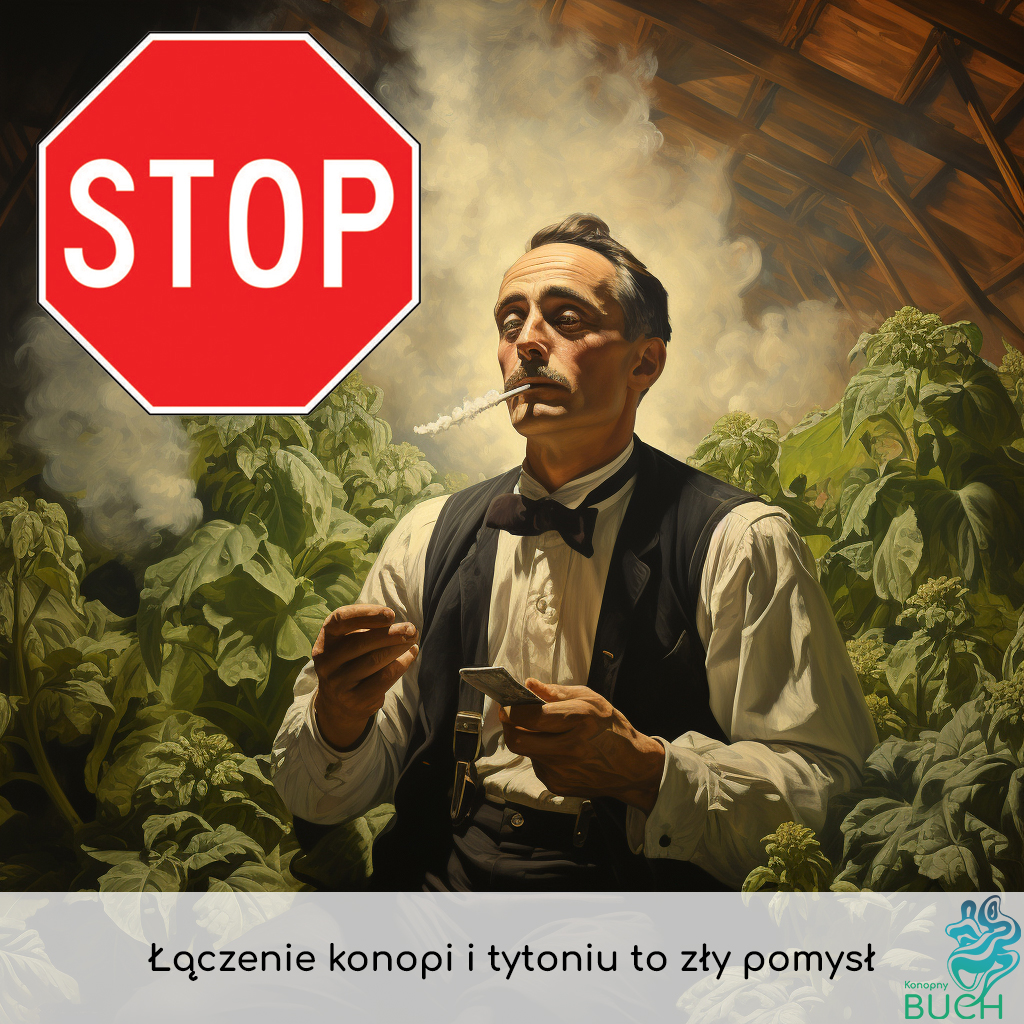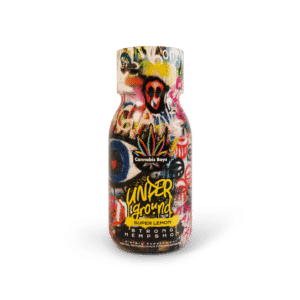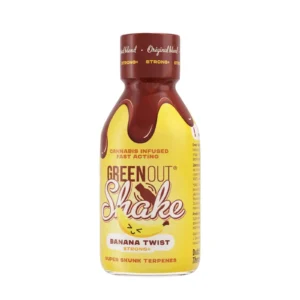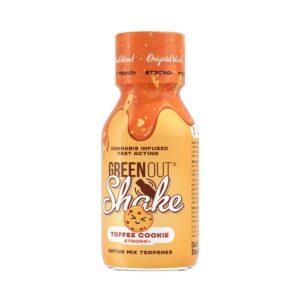Smoking dried hemp in combination with tobacco is common, not only among recreational cannabis users, but also among people who smoke CBD herb or medical hemp for therapeutic purposes. The harmful effects of tobacco on the respiratory system are obvious to everyone nowadays. New scientific research indicates the adverse effects of the combination of tobacco and dried hemp on mental health.
Tobacco and dried hemp
Tobacco and cannabis are among the most widely used substances in the world, and their simultaneous use is becoming increasingly common. This is due to the greater availability of CBD herb and medical marijuana and the growing number of countries legalizing the recreational use of THC-containing cannabis.
There is no need to convince anyone about the harmful effects of smoking and passive inhalation of tobacco smoke, but for the sake of clarity, we will quote the numbers. Tobacco smoke has been on the WHO list of carcinogenic substances for several decades. According to current data , tobacco smoking causes 25% of all cancer deaths worldwide and is the leading cause of lung cancer.
This remains an important public health issue in Europe, where an estimated 186 million people (or 26% of the adult population) currently use tobacco. In men, smoking causes 92% of tracheal, bronchial and lung cancer cases; for women this figure is 62%. The lifetime risk of developing lung cancer in smokers is up to 22 times higher than in non-smokers.
It turns out that, apart from its carcinogenic effects, tobacco in combination with hemp may also have other unfavorable consequences. This is especially true when smoking a mixture of dried hemp and tobacco at the same time, but smoking one substance directly after the other and using both substances in parallel at certain short intervals is also important.
Combining tobacco and dried hemp increases the level of anxiety and depression
A study published in the open-access journal PLOS in September 2023 shows a link between concurrent tobacco and cannabis use and increased levels of anxiety and depression.
Analyzing data from the Citizens Health Study on COVID-19, researchers looked at the substance use habits of 53,843 U.S. adults from 2020 to 2022. They showed that people who used tobacco and cannabis at the same time were almost twice as likely to develop depression and anxiety as people who did not use these substances at all.
4.9% of participants reported smoking only tobacco, 6.9% reported only smoking cannabis containing THC, and 1.6% reported using both substances simultaneously. Among those in the cannabis-THC-tobacco combined use group, 26.5% reported anxiety and 28% reported depression. However, among people who smoked neither tobacco nor cannabis with THC, the rates of anxiety and depression were 10.6% and 11.2%.
Using only THC-containing cannabis was also associated with a greater likelihood of developing anxiety , compared to using tobacco alone.
Does smoking dried hemp increase anxiety levels?
The answer to this question is complex and depends on the concentration of individual cannabinoids in the dried hemp and the amount of dried hemp smoked. This concerns both the amount smoked at one time and the frequency of using dried hemp .
THC and anxiety and depression
The link between THC use and anxiety is nothing new. The scientific literature includes both studies demonstrating the anti-anxiety effect of THC and those describing the intensification of anxiety symptoms in people using this cannabinoid. Subsequent research analyzes show that both theses are true, because the dose of the psychoactive cannabinoid is key in this context.
- Low doses of THC, administered at a frequency individually planned with a doctor, relieve stress and reduce the level of anxiety, especially social anxiety. Even low doses of this cannabinoid may require a gradual build-up of tolerance to its effects before the patient reaches the recommended therapeutic dose.
- High doses of THC may contribute to the severity of anxiety and depressive symptoms, especially if the cannabinoid is used uncontrolled and at high frequency.
CBD and anxiety and depression
CBD, as a non-psychoactive cannabinoid, in every dose tested so far relieves anxiety, stress and has a stabilizing effect on mood - it can help people with depression.
- Two studies conducted in 1974 and 1982 showed that CBD reduced anxiety caused by taking THC .
- A 1993 study found lower anxiety levels in people who took CBD and then took a public speaking test.
- People in a small study published in 2003 found that they felt less anxiety after taking CBD than those who took a placebo.
- Two studies published in 2011 found that CBD reduced symptoms in people
who have been diagnosed with social phobia .
- A study published in 2019 found that CBD worked better than a placebo for teenagers suffering from social anxiety.
- In a study published in 2022, young people for whom standard anti-anxiety medications did not work satisfactorily showed improvement after supplementing their therapy with CBD .
- Results from the first phase of an ongoing study using CBD and other cannabinoids published in 2022 showed that dried hemp could improve symptoms within 4 weeks of use.








